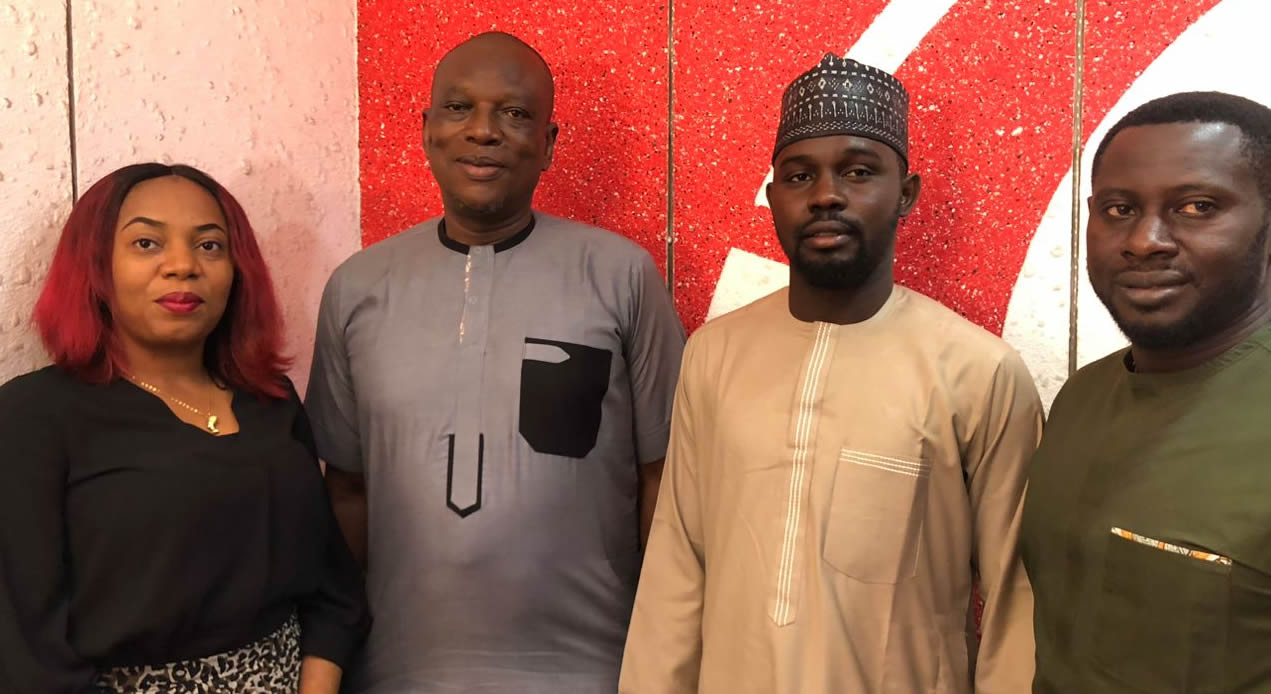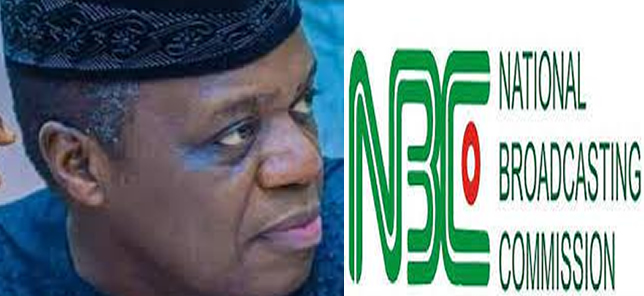NBC’s Director-General, Balarabe Shehu Ilelah, clarified during PUBLIC CONSCIENCE, an anti-corruption radio programme produced by the Progressive Impact Organization for Community Development, PRIMORG, Wednesday in Abuja.
Represented by the agency’s Director, Public Affairs, Susan Obi, revealed that imposition of sanctions on broadcast stations is not done hastily but requires a rigorous procedure and steps, insisting that the main aim has never been to gag the Nigerian media space but to get all stakeholders to play by the rules.
Obi said the functions of the Commission were not just set up by NBC but were agreed on by broadcast stakeholders while urging the media to take responsibility for ensuring credibility and balancing their duties.

She said NBC could contribute to Nigeria’s fight against corruption by ensuring that broadcast stations have programs or content that are authentic, that have been thoroughly investigated, and balanced contents.
Dismissing insinuations that NBC is contracting press freedom in the country with sanctions, Obi said: “NBC does not just sanction. There are procedures for sanctioning. They are even formal procedures because we are concise with decisions. There are letters given, letters of caution, and letters of warning before the sanction we all talk about, which is the fine.
“Broadcasting is supposed to help the people make informed decisions, make informed choices. Because of the function of the Commission, stations, on their own set agenda, have their content, but the Commission does not determine the station’s content.
“In the fight against corruption, how NBC can help is to ensure that the stations have programs or content that are authentic, that have been thoroughly investigated, that is why the Commission asks that there should be different sides and opinions being expressed,” She stressed.
On his part, Editor-in-Chief of Forefront Magazine and Online, Amos Dunia, questioned the legality of NBC sanctions, saying that it was founded on faulty grounds and had made NBC act as both complainant/prosecutor and the judge in sanctioning media houses.
Dunia called on the Nigerian government to be less combative against the media but work with them, particularly in the fight against corruption. He, however, stressed that journalists and the entirety of the media industry are doing their best in their role as enshrined in the constitution.
He lamented the dwindling fortunes of investigative journalism as journalists face attacks, adding that the government’s reluctance to react and act appropriately on corruption cases was worsening the issues.

“Government must understand that the media is the oxygen needed for democracy to thrive. And as long as the media must exist and work, the government should be less combative against the press. They should be able to listen more to the media and ensure that they carry the media along in the fight against corruption. You see, once corruption can be minimized. I’m not saying you can eliminate corruption totally. It’s pretty difficult to do because you are dealing with human minds. As long as corruption can be minimized, you have more development.
“The bottom line is that the government should see the media as partners in progress in governance,” Dunia said.
Advising the incoming administration on strengthening the fight against corruption, Kabir Yusuf, a Premium Times reporter, urged the government first to see the media not as a competitor but as a partner.
Yusuf stressed that anti-corruption agencies that are charged with the responsibility of fighting corruption must collaborate with the media while lamenting that journalists are facing a new form of attack by state actors.
“Government and the media can work together. There is no way a democracy like ours can develop and grow without the media playing its crucial role. I believe the government can work together with the media,” He stressed.
An investigative report by Premium Times exposed that media houses are tightening their digital security measures out of concerns that new spy technologies have exposed journalists to even more significant threats of surveillance and harassment.

Public Conscience is a syndicated weekly anti-corruption radio program PRIMORG uses to draw government and citizens’ attention to corruption and integrity issues in Nigeria.
The program has the support of the MacArthur Foundation.
About Author
You may also like
-
SGBV: Activists Seek Stringent, Stiffer Penalties For Rape Offenders
-
Anti-Corruption: Whistleblowing Law Long Overdue – Activists, Lawyers Counsel FG
-
N12bn Bribery Scandal: EFCC Urged To Prosecute Indicted Nigeria Customs Officials
-
NEIP: ICPC Harps On Collective Fight Against Corruption
-
ICPC Says Constituency Projects Tracking Declining Corruption, Urge Nigerians To Report Infractions

